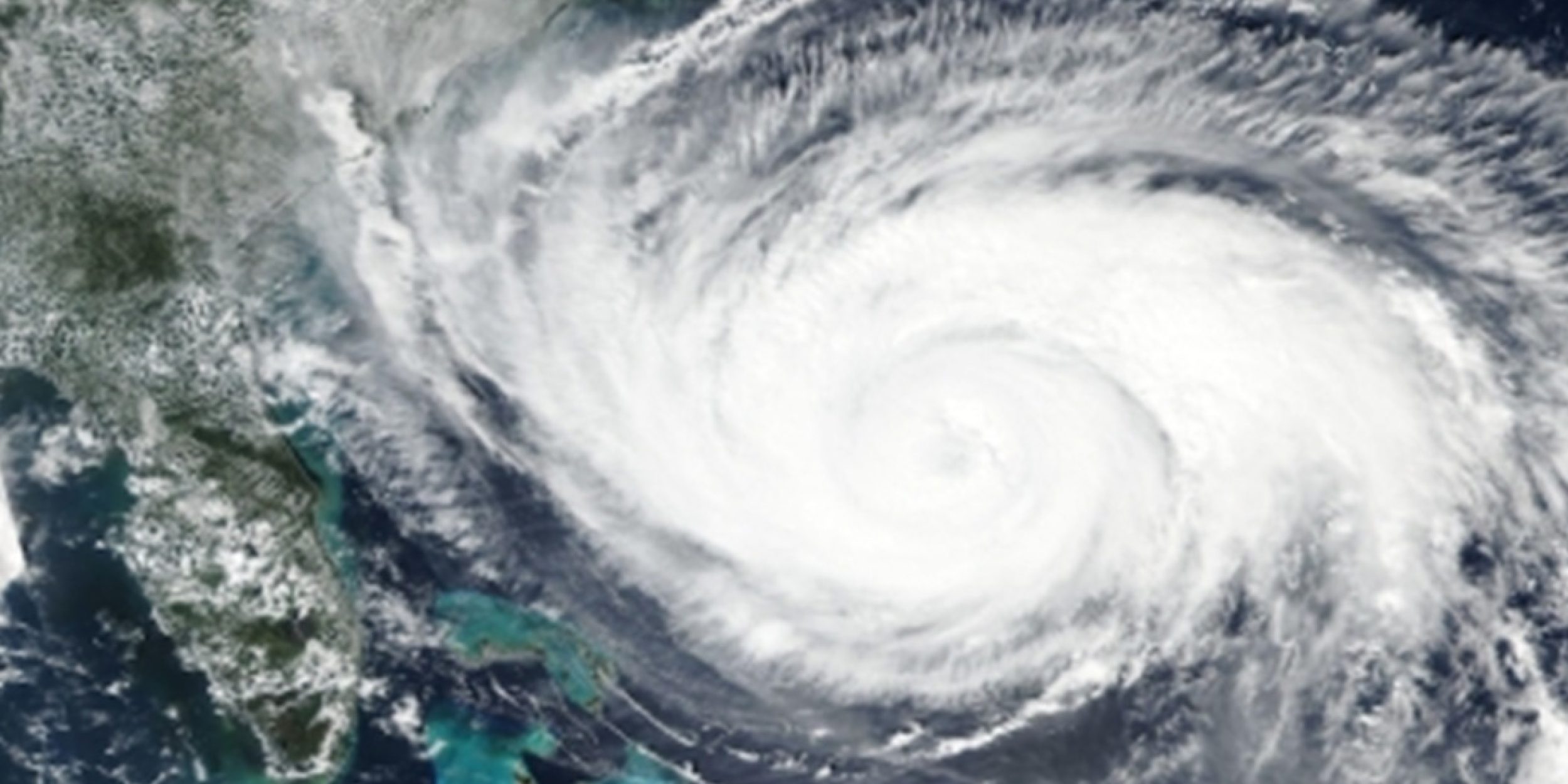Suzana Carmago, a Research Professor at Columbia University, is co-leading a new MAPP project in a bid to address the escalating threat of temporally compound extreme events, particularly the intersection of tropical cyclones (TCs) and extreme heat. The nexus of landfalling TCs and ensuing blackouts exacerbates vulnerability to extreme heat, a risk accentuated by the projections of increased heat extremes and more intense TCs due to climate change. Leveraging the advanced capabilities of the GFDL SPEAR modeling system, the project aims to comprehensively understand and quantify the hazards associated with compound TC-heat events. SPEAR’s unique setup, explicitly simulating TCs and their dynamic interaction with heat extremes, facilitates a more realistic assessment of the risks involved.
The research plan involves utilizing the SPEAR Large Ensemble to quantify historical and projected future hazards, crucial for accurately constraining probabilities of TC-heat occurrence and population exposure. The focus extends to exploring the physical processes shaping these compound extremes, including local feedbacks mediated through precipitation and radiation. Comparative analysis with the Columbia tropical cyclone Hazard model (CHAZ) will provide insights into the roles of sample size and dynamical fidelity in driving risk assessments.
As part of the “MAPP- Climate Futures: Projections for Societally-Relevant Problems” funded projects, this project leverages SPEAR to project changes in a societally relevant extreme event and delves into the dynamical processes driving these events. With a detailed focus on the Continental United States (CONUS), the research aims to provide some of the first global analyses of evolving TC-heat hazards, offering critical insights for impacts assessments and mitigation strategies, ultimately contributing to NOAA’s goal of advancing climate understanding for the resilience of the nation and its partners.



